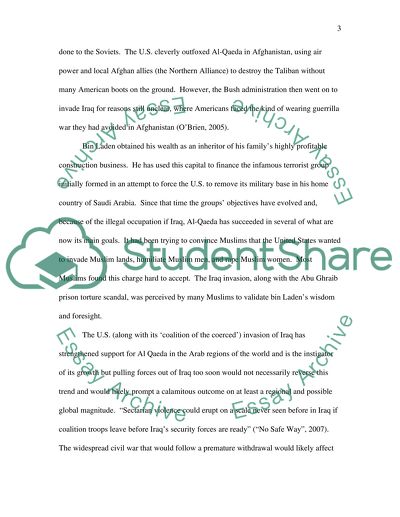Cite this document
(“The Risks Involved if the U.S. Withdrew From Iraq Essay”, n.d.)
The Risks Involved if the U.S. Withdrew From Iraq Essay. Retrieved from https://studentshare.org/military/1552622-us-occupation-of-iraq
The Risks Involved if the U.S. Withdrew From Iraq Essay. Retrieved from https://studentshare.org/military/1552622-us-occupation-of-iraq
(The Risks Involved If the U.S. Withdrew From Iraq Essay)
The Risks Involved If the U.S. Withdrew From Iraq Essay. https://studentshare.org/military/1552622-us-occupation-of-iraq.
The Risks Involved If the U.S. Withdrew From Iraq Essay. https://studentshare.org/military/1552622-us-occupation-of-iraq.
“The Risks Involved If the U.S. Withdrew From Iraq Essay”, n.d. https://studentshare.org/military/1552622-us-occupation-of-iraq.


